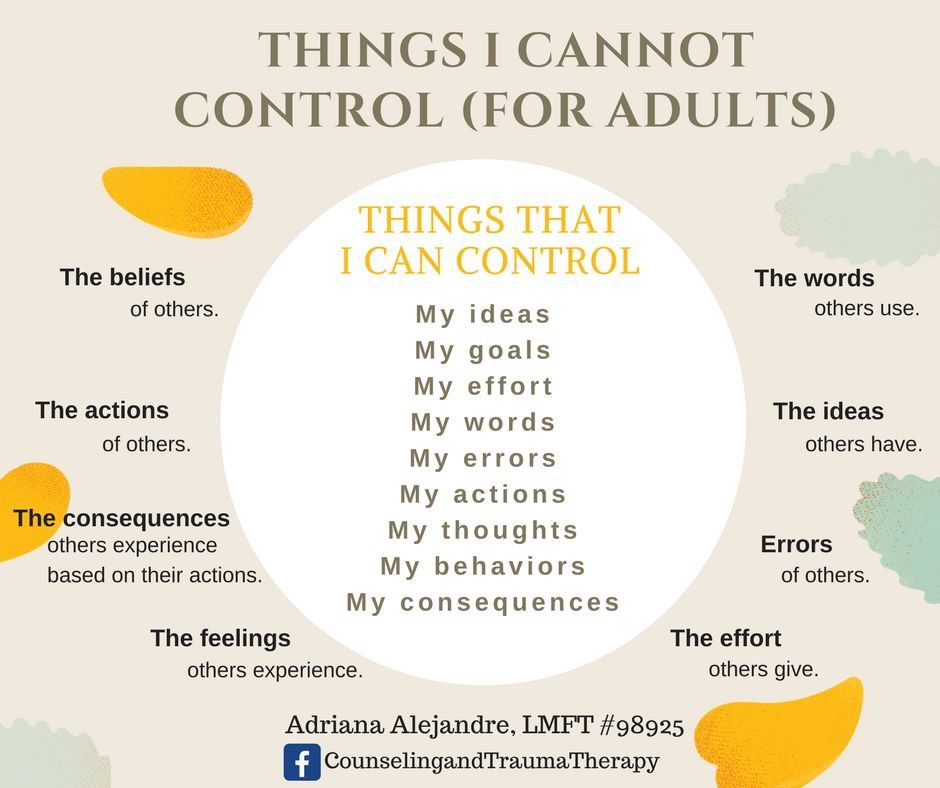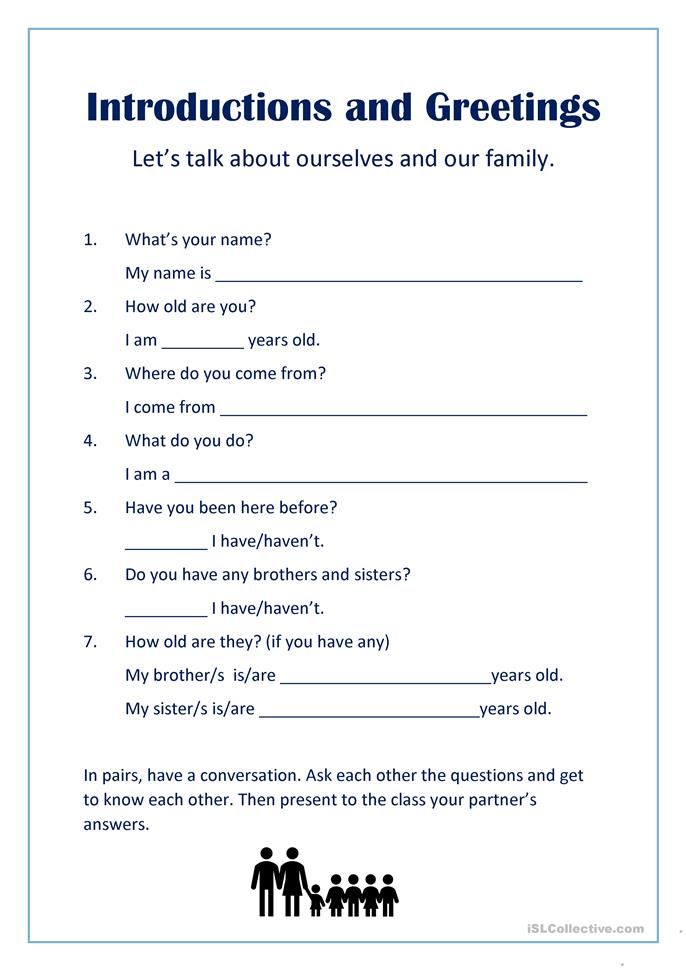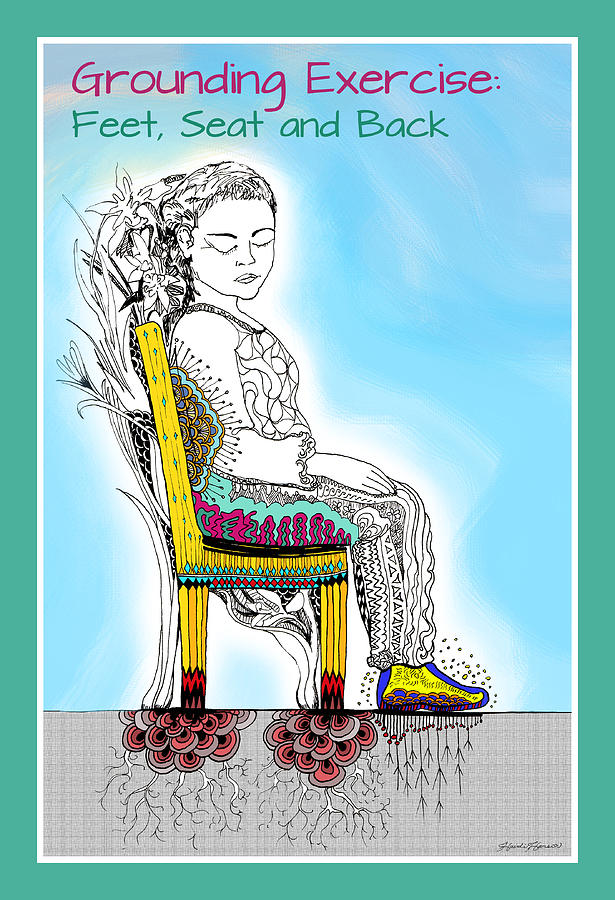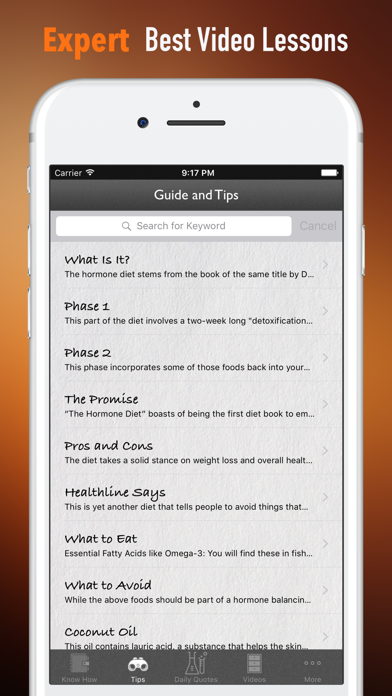Things we can control
The Only 7 Things You Have Full Power Over
It’s very easy for the mind to enter a worrisome spiral when trying to take in everything we can’t control. Instead, it’s more productive to plow energy into controlling the few things you can.
Seven is not many. You can count on two hands what’s really under your jurisdiction. But it’s still something. And if you can control even some elements of your life, you have a way to effect real change throughout your life.
Happiness and success (however you define either one) are regular bedfellows. Most people believe you can’t be happy until you’re successful. But a 2005 study found that happier people go on to have more success.Lyubomirsky S, et al. (2005). The benefits of frequent positive affect: Does happiness lead to success? https://www.apa.org/pubs/journals/releases/bul-1316803.pdf
(Of course, being successful can lead to happiness, but it’s not the only ingredient. And there’s plenty of materially successful but desperately unhappy people. )
You can galvanize your path to both happiness and success by making small tweaks to your routine. Little by little, these add up to major changes in your lifestyle and mindset.
People make millions of seemingly insignificant decisions all the time. The result of each one is either net positive, net negative, or neutral. The more net positive decisions we can make (and the fewer net negative ones), the better.
Net positive decisions — brushing your teeth before bed, eating healthy meals, and regularly going to the gym — help you feel good and bring you one step closer to your goals, despite the effort they entail.
Net negative decisions, such as filling up on food that doesn’t make you feel good, skipping the nightly teeth-brushing, partying ’til the early hours for 5 days straight, or forgoing the gym — make it difficult to reach your goals.
These decisions won’t make you feel healthy, empowered, or confident. They take more out of you than they give, interfere with your energy levels, sap your motivation, and cloud your focus.
While the healthier choice may seem harder, it pays dividends further down the line. And you’ll be surprised by just how easy these choices can be once you can muster the effort.
By learning to master what you can control, you will start to make more net positive decisions and fewer net negative ones. With time and practice, empowering, positive behaviors will become second nature.
So let go of all the stuff you can’t control, and start using your time to use what you can control to feel better and live life to a fuller extent.
1. Your breath
Most people don’t even think about their breathing, but the ability to inhale and exhale sweet, sweet oxygen is one of the few things almost everyone has in common. Either you or a friend will, at some point, have started jabbering on for minutes without breathing.
Breathing is obviously important (yet never gets a shoutout in Oscar speeches, the ungrateful assholes). However, the ability to focus on it is equally vital for returning the mind to its center. It’s a built-in hack for slowing a refocusing an anxious mind.
It’s a built-in hack for slowing a refocusing an anxious mind.
If focussing can be difficult for you, we’ve a few questions to ask yourself while breathing deeply:
When you focus on your breath, you can count “one” as you inhale, “two” as you exhale. Start over on reaching 10.
- Can you feel your chest expand when you inhale?
- Does it get softer when you exhale?
- Where do you feel the rise and fall most?
- Can you feel the air moving past your lips?
As soon as you experience something unpleasant, just take a few deep breaths and focus not on how horrible the situation was, but on how awesome it is that you’re a living human being and you can breathe.
The chances of that coming to be are so slim, but you’re doing the hell out of it. You can’t control the horrible thing that’s happening. But breathing is a start.
2. Your self-talk
You need only look at the gazillion different cuts of “Blade Runner” to see the the same movie is made sucky by an overdramatic and annoying voiceover and amazing without.
Our brains are similar, and we don’t have a Ridley Scott to remove our self-talk in a Final Cut. Our inner monologue is here to stay. So it’s helpful for our growth to make it compassionate and positive.
However, in many people, that voice can be a full-on buttface. Imagine an irritating, screechy man constantly strapped to your shoulder, complaining about the last risotto you made. Admit it, that does not sound ideal. So why talk to yourself like shit?
It’s hard to fix something you haven’t fully appraised. Try to count the times you reflexively engage in negative self-talk each day. It may surprise you how regularly it comes up.
Recognizing and dispelling the Negativity Gnome in your brain and replacing it with encouraging statements will start to reshape how you feel about the world. Try talking to yourself with compassion.
For example, instead of telling yourself you’re not good enough, remind yourself that you are worthy of love and attention, or that it’s okay to make mistakes — we all do!
(For example, we used the word “Negativity Gnome” to describe your negative inner voice, which was dreadful. Rookie error. Moving on…)
Rookie error. Moving on…)
3. Your gratitude
The results of a 2003 study suggest that feeling gratitude — the simple act of counting your blessings — can benefit both how you feel and how you interact with people.Emmons RA, et al. (2003). Counting blessings versus burdens: An experimental investigation of gratitude and subjective well-being in daily life. https://greatergood.berkeley.edu/images/application_uploads/Emmons-CountingBlessings.pdf
Planting the seeds of gratitude every day gets our minds used to hope, inspiration, and optimism. You don’t need setbacks not to happen — you need a way to summon up resilience in the face of setbacks so they knock you a little less far back with each passing event.
Plus, saying a little thank you for what you have provides a mood boost that can keep you coasting on the vibe for long enough to get through the more difficult days.
Lockdown might be tough, but everybody has something or someone to be grateful for, even if it’s the cat the prowls around your house glaring at you or the relative at the end of a Zoom call.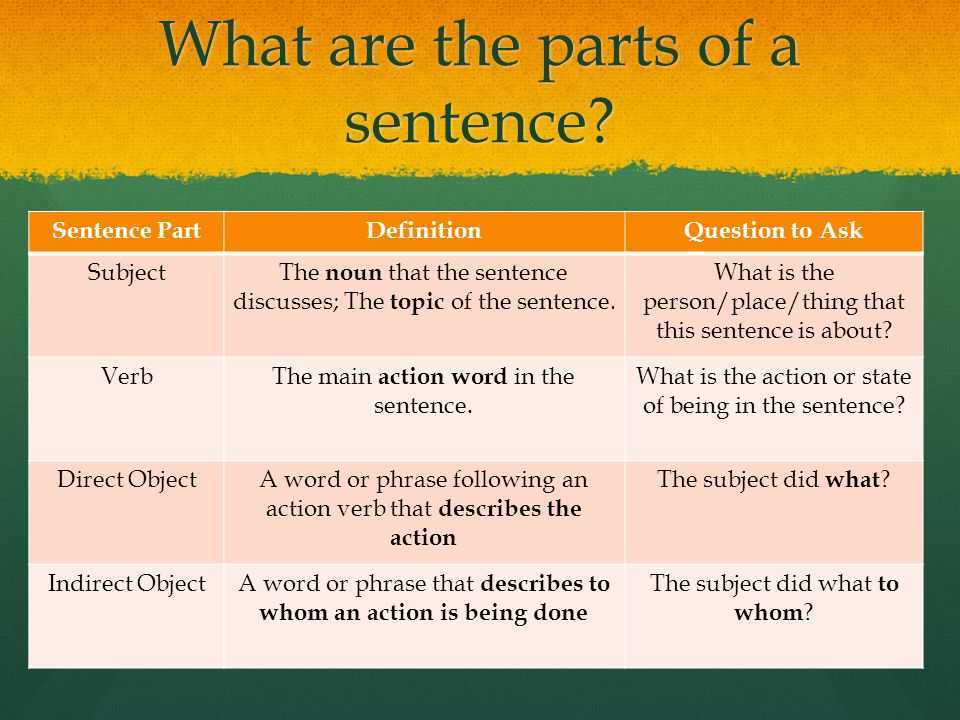
Your connections to the world might feel distant right now, but try to focus on the people who make you thankful. You’ll feel better even if they’re miles away.
4. Your body language
People can spend so long fretting about the ins and outs of everyday existence that they lose sight of what they’re doing with their hands, face, and posture.
If you’re self-conscious about your body language, relax — no one else is driving the bus and you have control. Which is great, because it means you can work on it and become more comfortable as a physical communicator.
The authors of a study in 2010 found that rocking a power stance can increase testosterone and reduce levels of the stress hormone, cortisol.Carney DR, et al. (2010). Power posing: Brief nonverbal displays affect neuroendocrine levels and risk tolerance. https://pubmed.ncbi.nlm.nih.gov/20855902/
For example, adopting a powerful stance — arms on your hips and feet planted wide, causing you to take up more space — increases testosterone and decreases the stress hormone cortisol.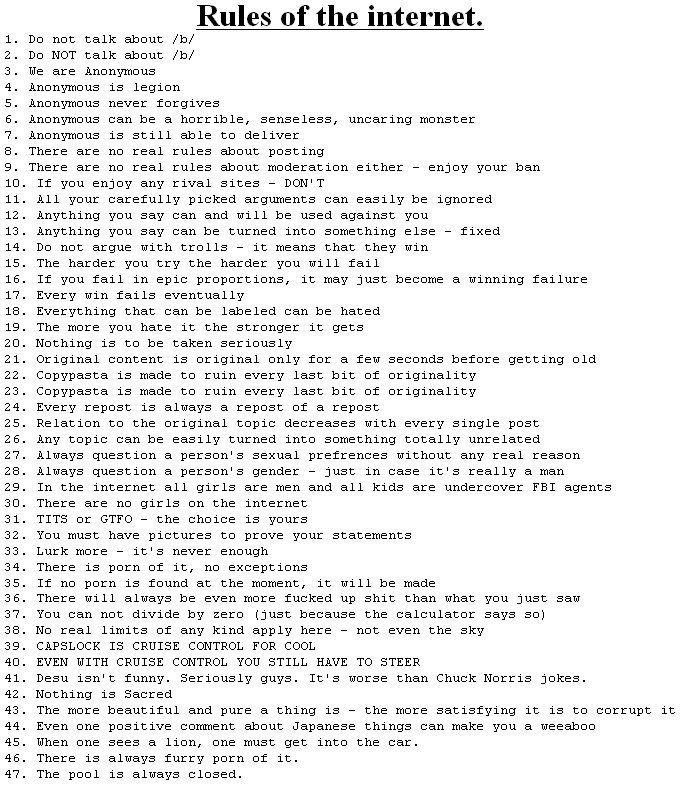
More recently, in 2019, researchers carried out a similar experiment and found that “power posing” didn’t significantly affect the levels of these hormones, so the jury’s still out on whether regularly striking a dominating pose actually makes more hormones whizz around your body.Metzler H, et al. (2019). Repeatedly adopting power postures does not affect hormonal correlates of dominance and affiliative behavior. https://www.ncbi.nlm.nih.gov/pmc/articles/PMC6585898/#ref-5
However, if power posing makes you feel more confident, then go for it. Think about this before you meet with a potential client, go to a job interview, or even just before you leave the house.
Yoga can be a wonderful way to address many of the controllable aspects of life, especially posture and physical comfort. Learn 30 basic yoga moves.
5. Your mental and physical fitness
You mind and body are your soul’s house and garden. Only you have the keys to access what’s right for you, and using discipline to advance the health of both can be a powerful tool in regaining a sense of control over your life.
Yes, we know it can be hard. But ignore the sweating for a second. Exercising is a chance to listen to your music and think about nothing. It’s glorious.
You don’t have to go to the gym, but we all ought to take 20 minutes out of our days and move it. Researchers have even found that walking, sedate as it may seem, can enhance creative thinking.Oppezzo M, et al. (2014). Give your ideas some legs: The positive effect of walking on creative thinking. https://pubmed.ncbi.nlm.nih.gov/24749966/
Giving your brain a workout is also easy and crucial for well-being. It might seem like hard work at first. But it’s way easier than running through worrying hypotheticals and their outcomes in your head. Drown out the noise with some good, old-fashioned thinking.
Whether you play Sudoku, smash out crossword puzzles, play video games, or read books, your brain will feel the difference. You can get a similar benefit from meditation.
People can feel the mental health benefits after just 30 minutes of exercise per day, such as feeling less anxiety and depression and having improved cognitive function.
And if you have health conditions that get in the way of exercise, talk to a doctor or physical therapist about exercises you can do that are comfortable and sustainable.
Essentially, exercise makes your brain work and feel better, and you get to control the role that it plays in your day.Sharma A, et al. (2006). Exercise for mental health. https://www.ncbi.nlm.nih.gov/pmc/articles/PMC1470658/
6. Your diet
Even though it might taste great, junk food is a net negative. It makes your brain and body slow and sad. Consuming too much sugar has been linked to all kinds of medical conditions (including metabolic syndrome and cardiovascular disease).
However, the food we eat also fuels our brain. And how would your car run if you stuffed the gas tank with Cheetos? Yeah, didn’t think so. Eating healthier simply means that we have enough nutrients to make all of the necessary processes in the body run smoothly.
A review of studies from 2020 found that cutting out processed food and sticking to dietary requirements can have a significant reducing effect on depression, helping to prevent and treat it. Ljungberg T, et al. (2020). Evidence of the importance of dietary habits regarding depressive symptoms and depression. https://www.ncbi.nlm.nih.gov/pmc/articles/PMC7084175/
Ljungberg T, et al. (2020). Evidence of the importance of dietary habits regarding depressive symptoms and depression. https://www.ncbi.nlm.nih.gov/pmc/articles/PMC7084175/
Simple fixes like keeping a bag of carrots or a bowl of fruit handy help us pick up the healthier choice when we’re depleted and hungry and reaching for the closest snack.
Easy-to-whip-up, convenient-to-carry portable snacks can be delicious and nutritious. We came up with 32 ideas for healthy snacking on the go.
7. Your sleep
Zzz’s. So good. A consistent, sustainable sleep pattern is one of the happiness touchstones. Depression and anxiety may well provide a barrier to sleep, but you can strike back by nurturing your sleep cycle to regularity.
The National Heart, Lung, and Blood Institute (NHLBI) says that getting enough sleep at the right time is critical for staying at peak mental and physical health, as well as maintaining a good quality of life.
Hacking your sleep cycle can feel so far away on those sleepless nights, but the solution is pretty simple: It’s best to set a routine. Make an active decision to turn off all screens and distractions by, say, 9 p.m. and actually follow through.
Make an active decision to turn off all screens and distractions by, say, 9 p.m. and actually follow through.
You can then treat yourself to a sunrise when you wake up.
If your brain can’t calm down while you’re trying to fall asleep, tell yourself, “I’m proud of the work I accomplished today, I’m going to let my brain and body rest now.”
You can also try other trusted you-snooze-you-win methods, including cutting back on alcohol (since people who booze more sleep less, according to research).Ebrahim IO, et al. (2013). Alcohol and sleep I: Effects on normal sleep. DOI: 10.1111/acer.12006
It’s a refreshing thing to realize that you have control over some essential aspects of life. This is the first step to building some resilience to life’s rockier events: Knowing you have and can control the tools to outlast uncontrollable events.
However, that’s the key to enduring adversity, not building a balanced, mindful, and joyful life. Setting goals for yourself is a way of crafting the chaotic abandoned Lego set of the universe into to a neat little Millennium Falcon that looks exactly how you imagined.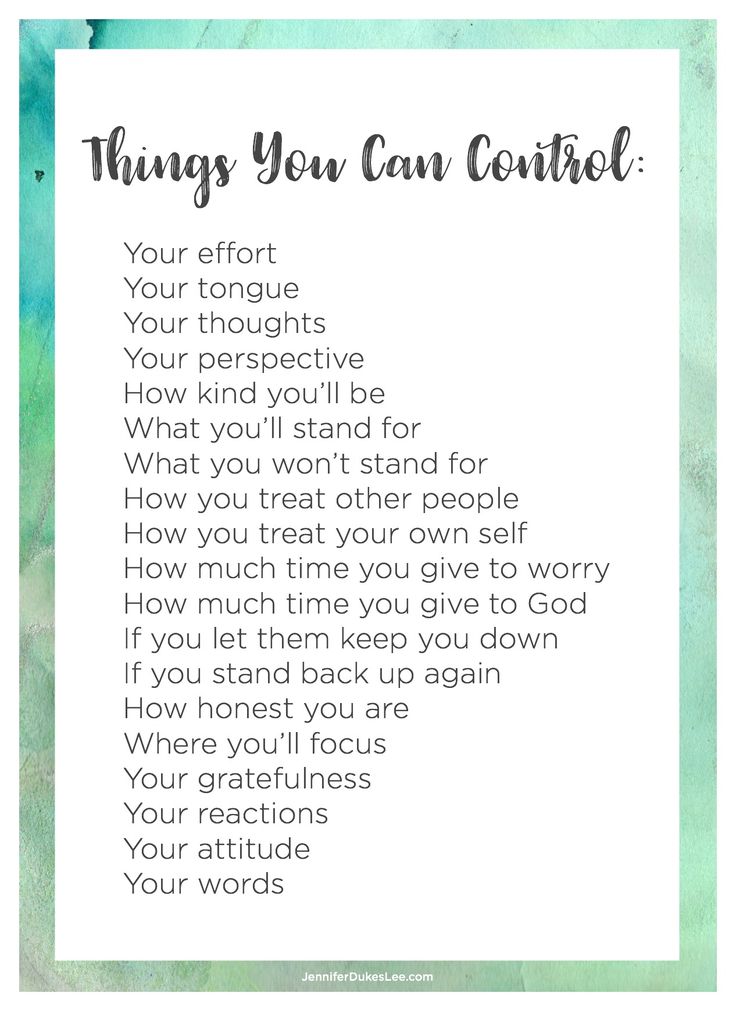
Plus, exactly like the Lego Millennium Falcon, you get the satisfaction of knowing you built it. There are three steps we feel are central to setting and achieving goals.
Here’s how to build a system that helps with any goal you set for yourself.
1. Visualize it
Whatever it is you most want to be doing, you must be able to see yourself doing it.
For most of us, the work we do while procrastinating is probably the work we should be doing for the rest of our lives. Practice visualizing this concept with your eyes closed for a few seconds.
You can ask yourself a few questions to guide the visualization, such as:
- Where are you working?
- What’s the room like?
- What’s the temperature like?
- How’s the lighting?
- How do you feel?
- Are you drinking a cup of coffee or a glass of water?
- What time of the day is it?
The more senses you involve, the more vivid this visualization of your future will be, and the more you’ll feel motivated to reach your goals.
2. Believe in it
You have to believe that you already have everything you need to be successful. Knowledge you don’t have can be learned. Resources you don’t have can be worked for.
Remember: You don’t need money to try out an idea. There are plenty of free and low-cost ways to get started with all kinds of projects — social media, blogging, smartphone apps, or fundraising sites, to name just a few.
When it comes to having the courage and can-do spirit — well, that’s not waiting for you on the shelf at Sam’s. That’s free and in you right now. And free shit is great.
3. Talk it up
Talk about what you do everywhere you go. Help can come from all angles. Make your goals known and build relationships, both professional and personal, that help you stack your life toward the goals that make you happy.
Whatever problem you’re solving or project you’re launching, share your knowledge and experiences with everyone who can benefit from them.
When you help as many people as you can, those people will connect you to everything you need to get started. Just let it happen, and smile to yourself about it when you can.
A helping hand is not one to turn down when you feel like the whole universe cannot be controlled and hates you. There’s nothing like knowing a person you have no control over has helped you out of their own free will because they like you.
Implementing any of our suggestions from this article won’t instantly make the world a totally kind, comfortable, and predictable place. Our aim was, however, to provide you a few tools for navigating feelings of powerlessness.
Focus on the few things you can control, and try to let go of any fear of the things you can’t.
You can control what you eat, how much attention you pay to your breathing, and how long you sleep. You can control how much you exercise and the way you talk to yourself.
Remind yourself that you’re lucky to have power over such elemental parts of being a happy, healthy human.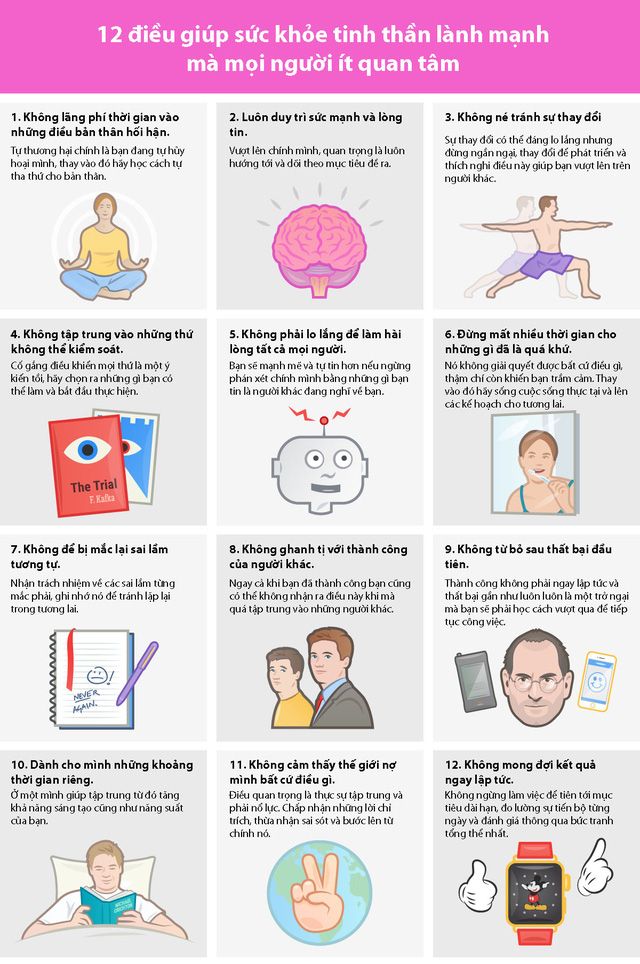
75 Things You Can Control
There are many things in life we can’t control. We can’t control what other people think of us. We can’t control the weather. We can’t control losing a loved one. We can’t control how others behave or what they say.
But there are many things we can control. Thankfully.
Of course, on some days, it doesn’t feel like it. It feels like everything is falling apart, and we’re caught in a tsunami. But I think it’s empowering to remind ourselves that there are actions we can take, even in difficult times.
In the thoughtful bookTiny Buddha: Simple Wisdom for Life’s Hard Questions,Lori Deschene, founder of TinyBuddha.com, shares a list of 50 things we can control. She lists everything from how many times we smile to how often we say “Thank you” and “I love you,” to how we interpret situations, to how many negative articles we read, to whether we share something that’s on our minds.
I wanted to create my own list as a reminder.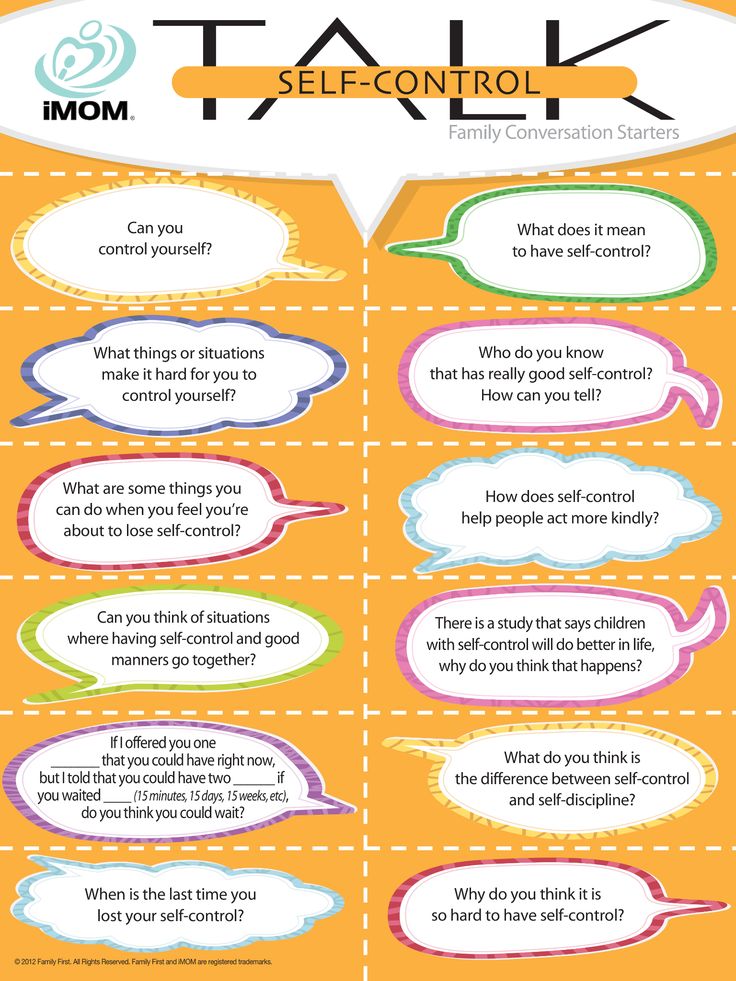 And I encourage you to do the same. Include 75 things (or more!). After all, your list might be completely different. You might completely disagree with what I wrote. Which is totally fine.
And I encourage you to do the same. Include 75 things (or more!). After all, your list might be completely different. You might completely disagree with what I wrote. Which is totally fine.
Write what’s true for you. Get super specific for your life. Post your list somewhere visible, or keep it in your notebook. Refer to it regularly. Remind yourself that you have the power, whatever circumstances come your way. Control the things you can to cultivate a meaningful, fulfilling, compassionate life for yourself.
Without further ado, here are the things I can control:
- How I talk to myself.
- How I talk about myself in front of others. (Do you tend to dismiss yourself, too?)
- Whether I bring an umbrella.
- How much I hug my husband.
- How I react to others.
- When I write.
- The words I write.
- How often I check my phone. Similarly, whether or not I leave my phone in a different room.
- How I structure my day.
- How Istructure my space.

- Whether I seek help.
- The people I turn to for help.
- When, where, and how I say “yes.”
- When, where, and how I say “no.”
- How I practice self-care.
- How I love others.
- How honest I am.
- How often I call my loved ones.
- Where I channel my grief.
- Whether I yell.
- How I feel my feelings; accepting my feelings.
- How much I pay attention to my surroundings.
- Whether I do something that’s outside my comfort zone.
- Whether I forgive myself.
- Who I follow, the websites I visit, the blogs I read.
- Whether I go to the doctor.
- My priorities.
- The music I listen to.
- The people I listen to.
- Whether I take responsibility for the things I’m responsible for.
- How hard I work at something.
- What I do with my racing thoughts.
- How much I play.
- What I do with my regrets.
- Whether I move my body in ways that empower me.
- Whether I sing to my daughter.
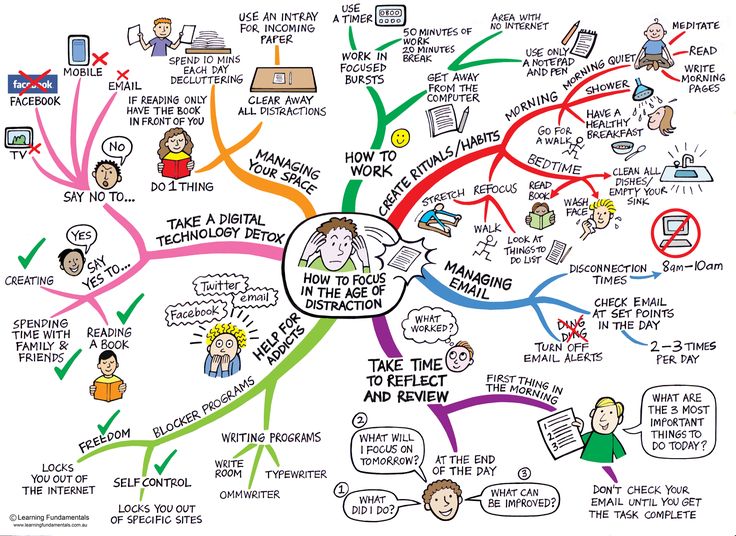
- Whether I diet. Whether I put any restrictions on my eating. Whether I practice intuitive eating.
- The people I surround myself with.
- The stories I rewrite; the unsupportive perspectives I change.
- What I wear.
- The art I create.
- How kind I am to others.
- Whether I look at my flaws – external and internal – with kindness, with gentleness, with love.
- Whether I put myself in someone else’s position and perspective.
- How patient I am.
- What I do with my anxiety.
- What I do with my anger.
- What I do with my sadness.
- What I do with my envy.
- How often I brush and floss my teeth. (Hey, the basics count, too.)
- Whether I look into my husband’s eyes.
- Whether I communicate my needs.
- How much inspiration I let into my life.
- How I respond to my needs.
- The boundaries I set.
- Whether I savor what I eat.
- Whether I create a morning and evening routine, and what each one looks like.
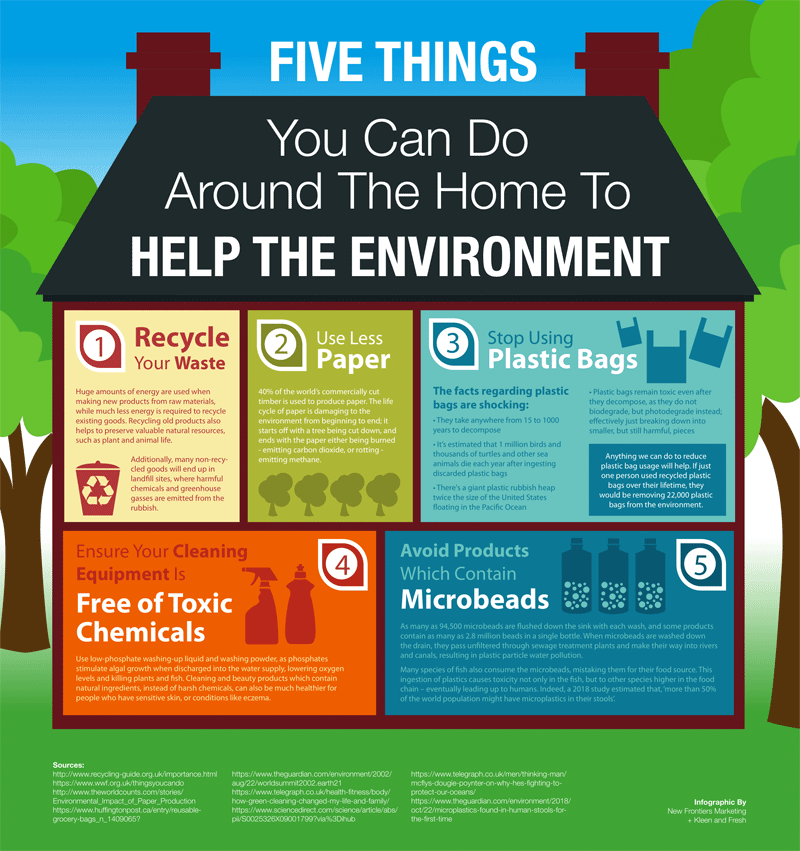
- How I honor loved ones who’ve passed away.
- How I treat my body.
- How I soothe myself.
- Whether I own a scale.
- What I do with my self-doubt.
- Whether I find beauty in the things that seem to have none.
- How grateful I am.
- How much time I spend with my mom.
- Whether I explore my dreams, intentions, and fears.
- What I do with my dreams, intentions, and fears.
- Whether I equate my weight with my worth.
- Whether I buy diet books and cookbooks and any other books that focus on rules, regulations, restrictions and numbers, and make me feel terrible about myself.
- Whether I let distractions derail my work.
- What I learn from my missteps, mistakes, missed opportunities, bad decisions, tough times.
- Whether I declutter and get rid of allllll the things I don’t love or need.
- What I watch: the types of shows and movies and news coverage. (If you’re a highly sensitive person, this is vital.
 )
) - When I get outside and savor the fresh air.
- Whether I buy into the idea thatwine (or any alcoholic beverage) is a reward I’ve earned or a fantastic way to relax and drown out the stresses of the day.
It’s so easy to feel pulled in all sorts of directions. It’s so easy to fall into the trap that life just happens to us, and we’re along for the—tumultuous—ride. Of course, there are challenges. There are obstacles that can feel insurmountable. But in those times we can do another thing we can control: We can seek support. We can seek professional help.
Remember, you can dig yourself out of the hole.
It won’t always feel like you can. It might feel impossible right now, this very minute, and you might be throwing your hands up in the air, and you might be angry at the very thought that you have any kind of control, especially in your situation. But with help, with hard work, you do.
You are not powerless.
Just say the word. Just say you’re going to change things.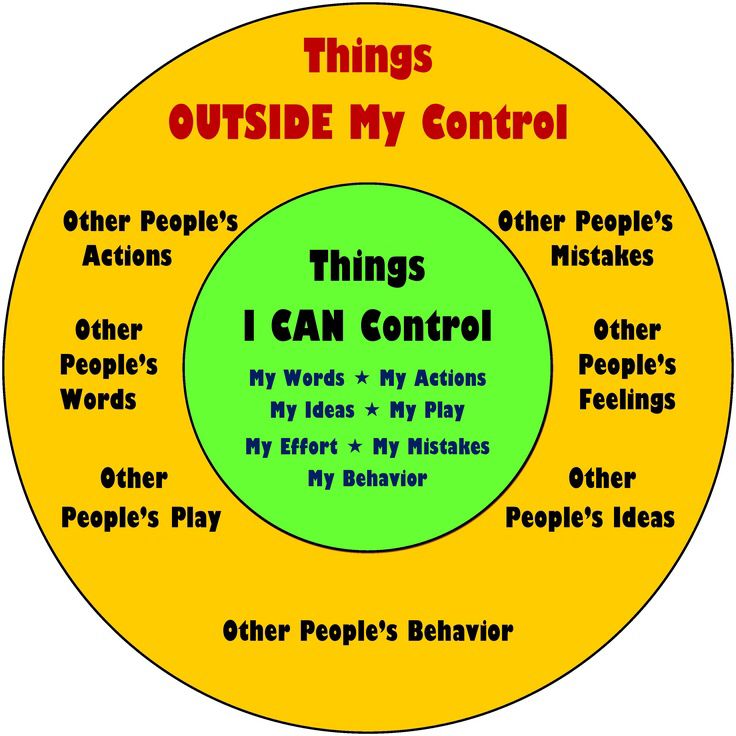 And keep digging.
And keep digging.
Photo byEthan SykesonUnsplash.
7 things we can truly control in our lives
October 27, 2022 Life
Give them more attention to make you feel happier. And accept the fact that the rest is out of your control.
1. Breathing
Normally we don't notice this process, but breathing can be used as a tool to calm down. When in a stressful situation, pay attention to how you breathe and try to slow down. This will help you regain your balance.
Take a few measured deep breaths. Think not about how terrible a situation you are in, but how great it is that you live and breathe. And although you cannot control external circumstances, but your breathing is completely.
Start counting: inhale one, exhale two, and so on. When you get to 10, repeat all over again. As you do so, notice how your chest rises and falls, how the tension releases as you exhale. Keep going until you feel better.
2. Inner dialogue
Often we criticize ourselves too much and dwell on negative thoughts, and this inevitably affects our mood and attitude towards life.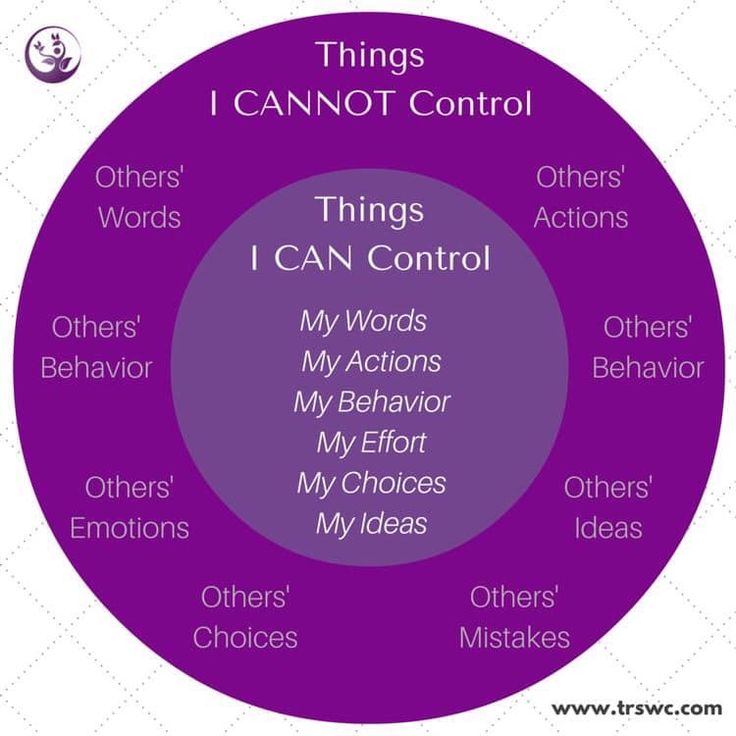 Imagine that you are constantly accompanied by an irritated person who sees the bad in everything and blames you for the slightest mistake. Naturally, you would like to get rid of him as soon as possible. But for some reason, when we ourselves turn into such an unpleasant companion for ourselves, this is taken for granted.
Imagine that you are constantly accompanied by an irritated person who sees the bad in everything and blames you for the slightest mistake. Naturally, you would like to get rid of him as soon as possible. But for some reason, when we ourselves turn into such an unpleasant companion for ourselves, this is taken for granted.
Try to change your internal dialogue, make it more positive and be kinder to yourself. Start paying attention to how many times a day you habitually scroll through the negative settings in your head, and often remind yourself of the good.
Repeat positive affirmations. For example, instead of saying that you're not good enough for something, say that you deserve to be happy and it's okay to make mistakes. Gradually, your attitude towards yourself and the world will change.
Take note 🙅♂️
- How to improve your internal dialogue, get rid of negativity and become more successful
3. Gratitude
Simply listing the things we are grateful for has a positive effect on how we feel and how we interact with others.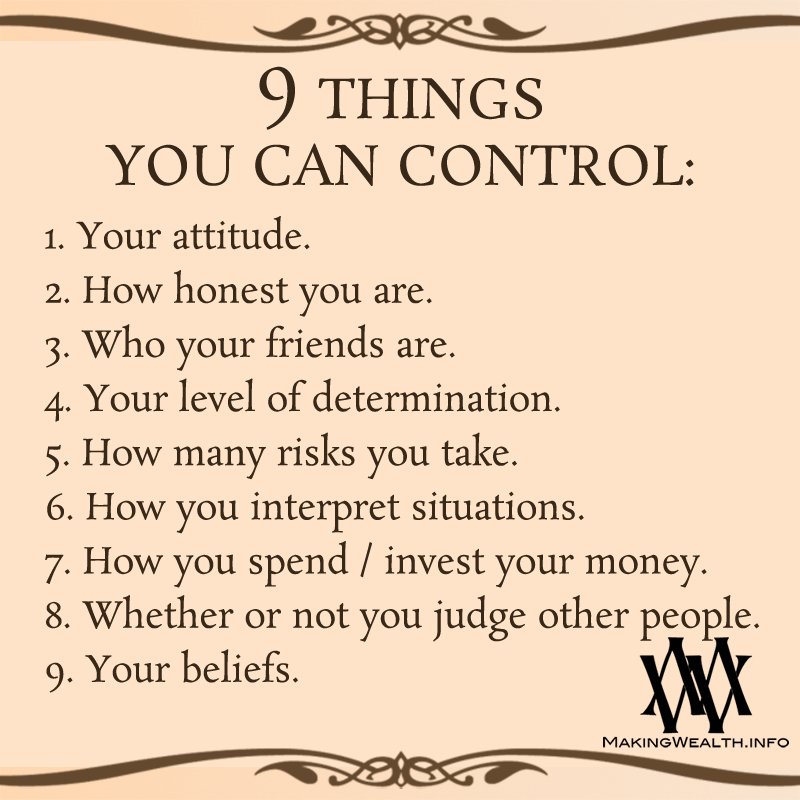 Make it a habit to write down three things you are grateful for every day and you will notice more inspiration and optimism coming into your life.
Make it a habit to write down three things you are grateful for every day and you will notice more inspiration and optimism coming into your life.
This does not mean that troubles should be ignored. Just remind yourself of the good things you have. Then it will be easier for you to endure stress and crises.
4. Body language
It not only reflects our emotions, but also affects how we feel. For example, we often feel more confident when we adopt a “strong” posture: arms resting on our sides, legs wide apart. When we sit hunched over, we experience more stress and negative emotions, and when we smile, we see the world in a more joyful light.
That's why it's so helpful to watch your body language. Thanks to it, you will make the right impression at an important meeting or interview, as well as help you deal with negativity.
Find out more 💃
- What different parts of the body can reveal about a person's feelings and motives
5.
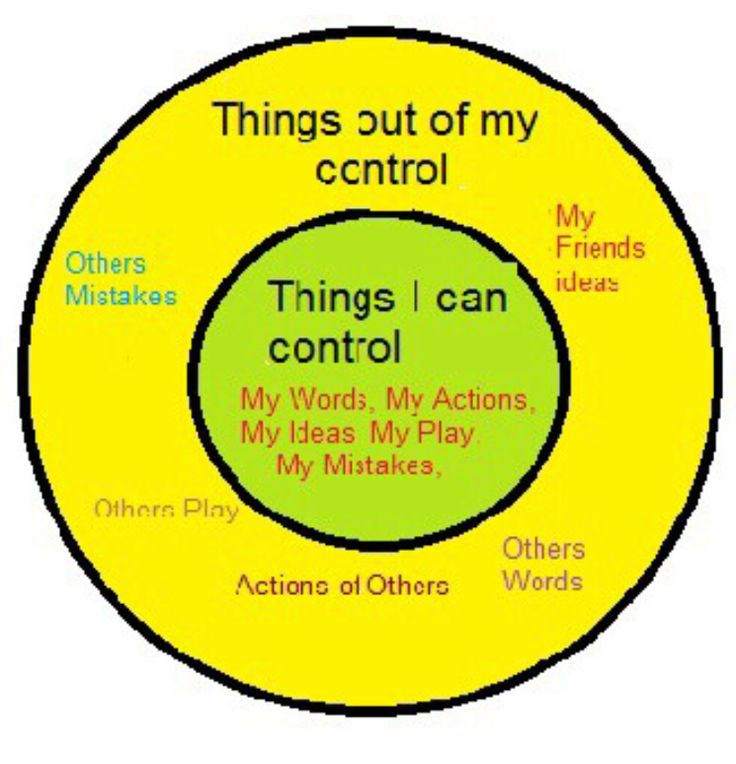 Fitness
Fitness Don't put off taking care of your health. Move more during the day and exercise. Try not to take training as a punishment. Instead, look at them as an opportunity to listen to your favorite music and not think about anything, but at the same time strengthen your body. If you don't like going to the gym, work out at home or take a brisk walk.
Don't forget that exercise is also good for mental well-being. They reduce anxiety, ease depression, make you feel happier, and improve sleep.
6. Diet
Food is the fuel for the body, and on good fuel it will run smoothly. But if he lacks the necessary nutrients, internal processes will not proceed as they should. Therefore, no matter how much you love fast food and sweets, remind yourself that this is not the most suitable type of fuel and you cannot live on it alone.
Check 🥦
- Everything you ever wanted to know about proper nutrition
7. Sleep
Sufficient sleep is one of the most important components of happiness and well-being.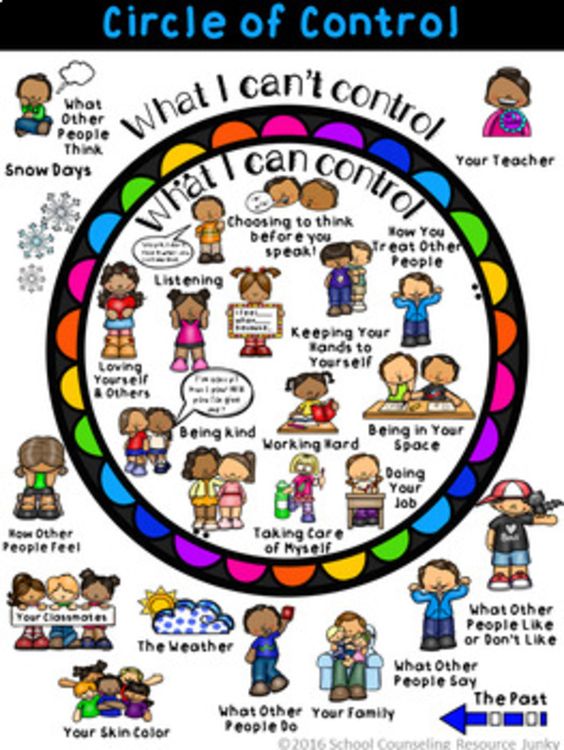 Do not deprive yourself of this blessing unless absolutely necessary. Try to create a routine that is comfortable for you and stick to it regularly, that is, go to bed and get up at the same time. Put away all electronic devices an hour before bedtime and do something relaxing.
Do not deprive yourself of this blessing unless absolutely necessary. Try to create a routine that is comfortable for you and stick to it regularly, that is, go to bed and get up at the same time. Put away all electronic devices an hour before bedtime and do something relaxing.
If you find it difficult to calm your thoughts while lying in bed, repeat this phrase several times: "I am satisfied with what I did today, and now my brain and body will rest."
Read also 🧐
- The illusion of control: why you don't always get what you deserve
- Control freak: how to stop controlling everything and not piss off others
- Why time control doesn't work
What do we control ourselves and what is beyond our control?
?- What do we control ourselves and what is beyond our control?
-
- Gedonist_ka Wrote in PSIKHOLOGIA_21
- JULY 15TH, 2011
As a rule, during the self-development process, a person wants to teach his life to change his own in his own way. But sometimes we forget that there are things that do not obey us. By determining what we have the power to control and what not, we will learn to be more calm about this or that event in our life.
SO:
What we can control:
- Our thoughts. Yes, we can control our thoughts. You just need to learn how to do it. First of all, convince yourself that you are capable of it. Try not to succumb to anyone's influence from the outside. You and only you can choose what you think about. When you realize that the choice of thoughts depends only on you, you will be able to control your mind.
- Our emotions. Emotions can be called a by-product of our thoughts.
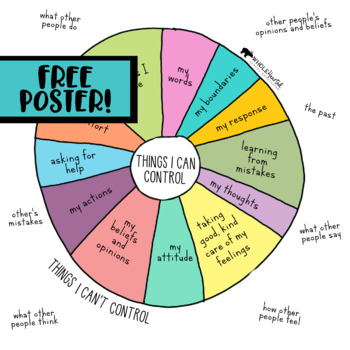 It follows from this that if you learn to control your thoughts, your emotions will also become subject to you. It is very important to control our emotions, because they greatly affect our lives. Advertisers know this best, so in order to get you to buy something, they associate your emotions with a particular product.
It follows from this that if you learn to control your thoughts, your emotions will also become subject to you. It is very important to control our emotions, because they greatly affect our lives. Advertisers know this best, so in order to get you to buy something, they associate your emotions with a particular product. - Our actions. All of the above processes are interrelated. If you want to learn to control your actions, take care to control your emotions and thoughts. Otherwise, you will not succeed, since these processes are interconnected. When you are unable to control your thoughts and emotions, you act automatically. For example: you came to the supermarket, saw something and thought that you need to have it, you had emotions provoked by the skillful advertising of the seller of this product and as a result, you seem to have the desired product in your hands. Uncontrolled actions (together with thoughts and emotions) lead to spontaneous purchases.
- Our reactions.
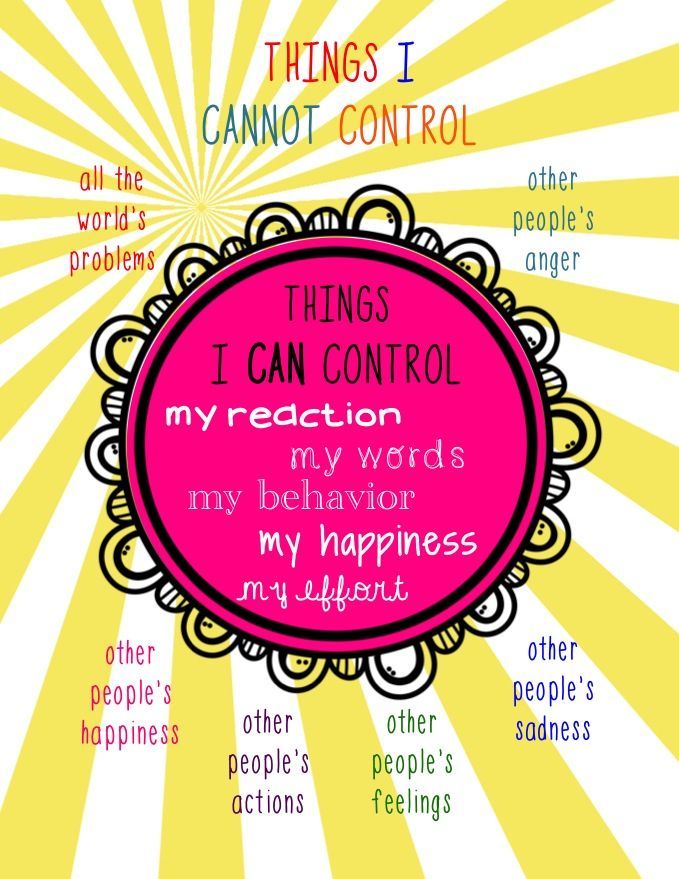 The main postulate of self-development is the expression "Life is not what happens to you, but your reaction to it." We are free to choose how to respond to this or that event. Our life is full of all sorts of barriers and obstacles, but the quality of our life directly depends on how we react to them.
The main postulate of self-development is the expression "Life is not what happens to you, but your reaction to it." We are free to choose how to respond to this or that event. Our life is full of all sorts of barriers and obstacles, but the quality of our life directly depends on how we react to them. - Our energy. In communication with people, we have a constant exchange of energy. It is made up of thoughts, emotions, actions and reactions, and you can control it. You are able to determine how much energy to give you at one time or another. And it is with our positive energy that we attract people to us.
What is not subject to us:
- Actions and deeds of other people. To force a person to do what you want, can only be a gun put to his temple. In all other cases, a person is free to do as he pleases. We can only influence the actions of people, but in no way establish control over them.
- Reactions of other people. Each of us at least once in our lives met with an insulting or outrageous person, whether it be a tactless waiter in a restaurant, a rude salesman in a store, a scandalous grandmother in transport, etc.
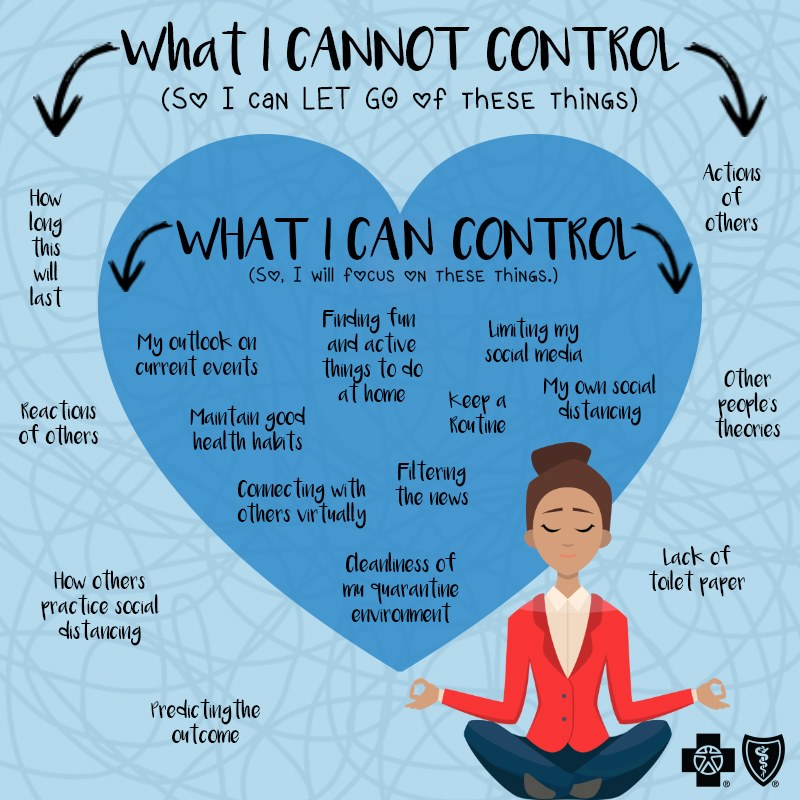 At the moment, they react to you this way and nothing can be done about it, because each of us has a bunch of problems and you cannot know how this person feels at this time. Since you cannot control the reactions of others, there is only one way out - do not take their reactions to heart and do not consider that they are addressed to you personally. But behaving in an inappropriate way, violating all public order, is also not worth it.
At the moment, they react to you this way and nothing can be done about it, because each of us has a bunch of problems and you cannot know how this person feels at this time. Since you cannot control the reactions of others, there is only one way out - do not take their reactions to heart and do not consider that they are addressed to you personally. But behaving in an inappropriate way, violating all public order, is also not worth it. - Divine order. Man seeks to influence everything in his life. We are constantly developing new technologies to speed up this or that process, creating new devices and devices, and against this background we completely forget that there is a divine order in the world. He is responsible for what should happen or arise at the moment, where you should be at this time, what you should do and how. All attempts to control this order are futile.
- Nature. Let's leave nature alone. When you plant a seed, you don't dig it up after a while to see how it grows.
